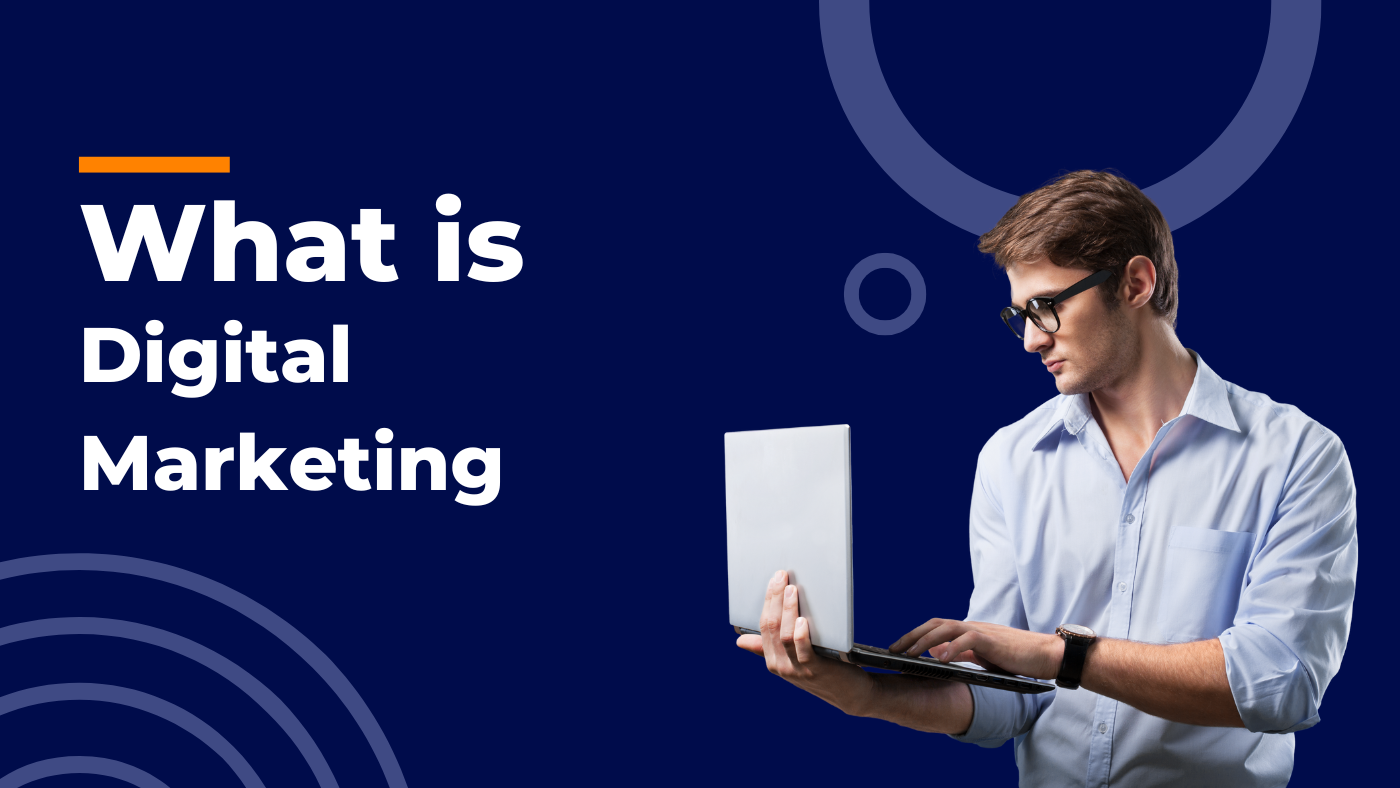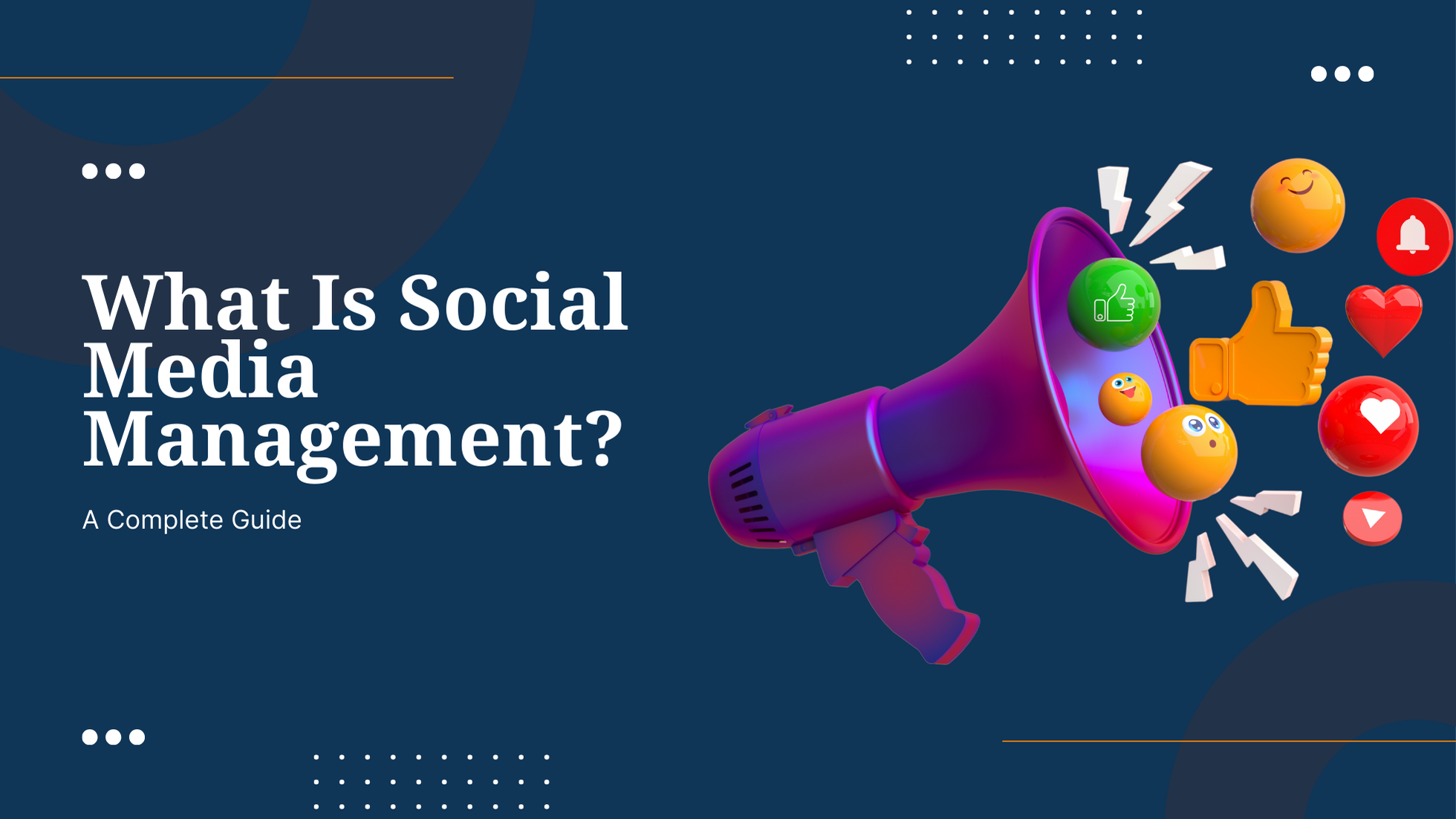
Digital marketing involves promoting products, services, or brands through digital platforms such as search engines, social media, email, websites, and mobile apps. It allows businesses to interact with their audience in real-time, gather valuable insights, and measure the effectiveness of their marketing strategies accurately. Unlike traditional methods, digital marketing provides businesses with the flexibility to adapt campaigns quickly based on immediate performance feedback.
Major Components of Digital Marketing
The core of digital marketing can be broken down into several critical components, each playing a significant role in a comprehensive strategy.
1. Search Engine Optimization (SEO)
Search Engine Optimization (SEO) is a process aimed at improving your website’s visibility in search engine results pages (SERPs). This involves thorough keyword research, creating high-quality content that addresses user intent, and ensuring your website's technical elements, such as site speed and mobile responsiveness, meet search engine standards. Effective SEO boosts organic traffic, enhances visibility, and establishes credibility with your audience.
2. Pay-Per-Click (PPC) Advertising
Pay-Per-Click advertising is a paid advertising method where businesses bid to have their ads appear prominently on search engines. Advertisers pay each time a user clicks their ad, driving targeted traffic to their website. PPC offers immediate visibility, precise targeting, and measurable results, making it highly effective for businesses looking to attract specific customer segments.
3. Content Marketing
Content marketing revolves around creating valuable, relevant, and consistent content designed to attract and retain a clearly defined audience. Content can range from informative blog posts, engaging videos, podcasts, and infographics, to comprehensive ebooks and guides. Effective content marketing builds brand trust, drives customer engagement, and positions businesses as authoritative voices in their industries.
4. Social Media Marketing
Social media marketing utilizes platforms such as Facebook, Instagram, Twitter, LinkedIn, and TikTok to promote your brand and products. By creating engaging content tailored to each platform’s audience, businesses can interact directly with their consumers, build strong relationships, increase brand awareness, and drive conversions through targeted advertisements and organic interactions.
5. Email Marketing
Email marketing remains one of the most reliable and cost-effective ways to communicate directly with your audience. It involves sending tailored and targeted messages to segmented groups of customers or prospects. Successful email campaigns deliver personalized, relevant content that encourages engagement, nurtures leads, builds loyalty, and generates consistent revenue streams. Utilizing analytics, businesses can further refine their email campaigns for better performance.
6. Affiliate Marketing
Affiliate marketing is a performance-based marketing model where businesses reward affiliates—individuals or companies—for driving visitors or sales through their marketing efforts. By partnering with relevant affiliates, businesses can extend their reach, leveraging the affiliate’s audience and credibility to generate additional revenue streams cost-effectively.
7. Influencer Marketing
Influencer marketing involves partnering with influential figures who have substantial social media followings and can authentically recommend your products or services to their audience. Influencers use their established trust and credibility to persuade their followers to engage with your brand, making influencer marketing particularly effective in enhancing brand visibility and credibility.
8. Marketing Automation
Marketing automation uses technology to streamline repetitive marketing tasks, such as sending emails, posting on social media, and nurturing leads. Automation allows businesses to deliver personalized content efficiently, improving customer experiences and freeing marketers to focus on strategic tasks that drive growth.
9. Online Public Relations (PR)
Online PR is the practice of managing your brand’s online presence through press releases, blog posts, responding to reviews, and maintaining a positive image online. Effective online PR helps manage reputation, enhance visibility, respond promptly to customer feedback, and establish strong credibility through proactive communication and relationship-building efforts.
10. Influencer Marketing
Influencer marketing involves collaborating with individuals who hold significant influence over potential buyers, typically on social media platforms. Through authentic endorsements and content creation, influencers help brands build trust, reach new audiences, and boost engagement. Successful influencer partnerships align brand values with influencer audiences, driving tangible marketing results.
11. Analytics and Data Insights
Analytics and data analysis involve tracking and interpreting data from digital marketing campaigns to understand performance and consumer behavior. Leveraging analytics tools, businesses can measure campaign effectiveness, optimize strategies, identify opportunities for improvement, and make data-driven decisions that enhance overall marketing outcomes.
Why Digital Marketing Matters
Adopting digital marketing strategies enables businesses to reach wider audiences, build meaningful relationships with customers, measure the effectiveness of their marketing efforts, and stay competitive in a rapidly evolving digital landscape. Embracing these strategies ensures businesses remain relevant, efficient, and positioned for long-term growth and success.
Join us now
Ready to grow?
Join the hundreds of businesses that are leaving the digital side of their business to us.


